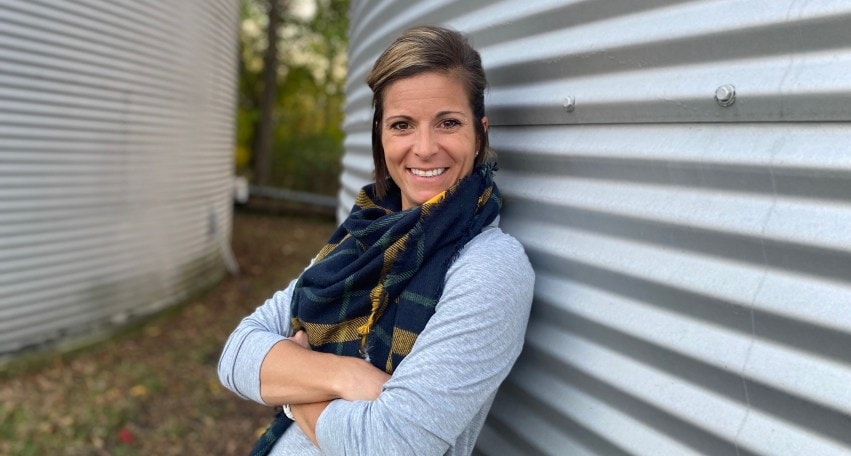Close your eyes. Make the room silent. Take a deep breath. Go back eight months in your mind. It’s March 2020. When you thought of the word “pandemic,” what came to mind? Panic, anxiety, worry, fear? Or… will I be okay? Will my family be okay? Will my business be okay? Will the grocery stores run out of food? Will Peoria be okay? Will our nation survive? Will our world survive?
So Much Exhaustion
We were warned of the physical symptoms of COVID-19: fever, sore throat, cough, difficulty breathing. At times, it felt like the media—and social media—would not stop talking about what it felt like to have it. Some would say there was no escaping the information out there. But what about the mental health ramifications of a pandemic? Did anyone mention what mental health symptoms we should be aware of?
Nervousness, irritability, social withdrawal, depression, thoughts of hopelessness, hyper-vigilance, fatigue, sadness… What feelings should we expect to have with all of this uncertainty? Once the panic of this novel virus had set in, I noticed, as a mental health clinician, that many people were not only trying to manage their own personal stress or mental illness; they were also trying to navigate the new normal of living under new health standards and new social expectations.
As if a pandemic wasn’t enough, many other challenging and thought-provoking events took place in a very short period of time that have greatly affected our nation. Our politics grew even more heated. Cultural and racial awareness have become as critical as any other time in history. Protests and uprisings took place across America. And schools around the country had to determine if they would return to in-person learning in the fall or not.
We quickly had to decide how to approach each of these topics—not only in our own minds, but in trying to help those around us. How do I educate my children about these events? How can I approach conversations with others without getting into heated debates? How will I be able to work and teach my child at the same time? How will the upcoming election impact our nation and our own lives? So many thoughts, in such a little timeframe, and so much mental exhaustion.
Do What You Can
For so many of us, the lifestyle changes caused by the pandemic have brought about endless consequences. But what about the “other” products of this worldwide crisis? “Other things”… as in positive things!? Personally, I have been inspired by the number of clients who are choosing to make this life their best possible life.
“Do what you can with what you have,“ many of them would tell me during their 60 minutes of therapy. Instead of sitting around worrying about what was happening in the world, they have used this time to begin journeys toward achieving goals they had previously set aside. Some started the small business they had always dreamed of. Some took on new hobbies. Some repaired broken friendships and relationships over Zoom or FaceTime; others took steps to finally get healthy. And some simply learned how to actually enjoy every moment.
2020 doesn’t have to be the worst year in history, if it teaches us to never take a single day for granted. Maybe 2020 was, in fact, our best year—at least in some ways.
Close your eyes. Take a deep breath. Make the room silent.
It’s November 2020. Be right where you are. Enjoy every moment. Realize and take in the possibility that maybe it didn’t turn out so bad. Accept the discomfort of the times, and do not underestimate your ability to cope! Be kind to yourself and the people around you. You deserve it. PM
Nikki Burk is a licensed clinical social worker offering individualized counseling services in Peoria. For more information, visit nikkiburk.com.




